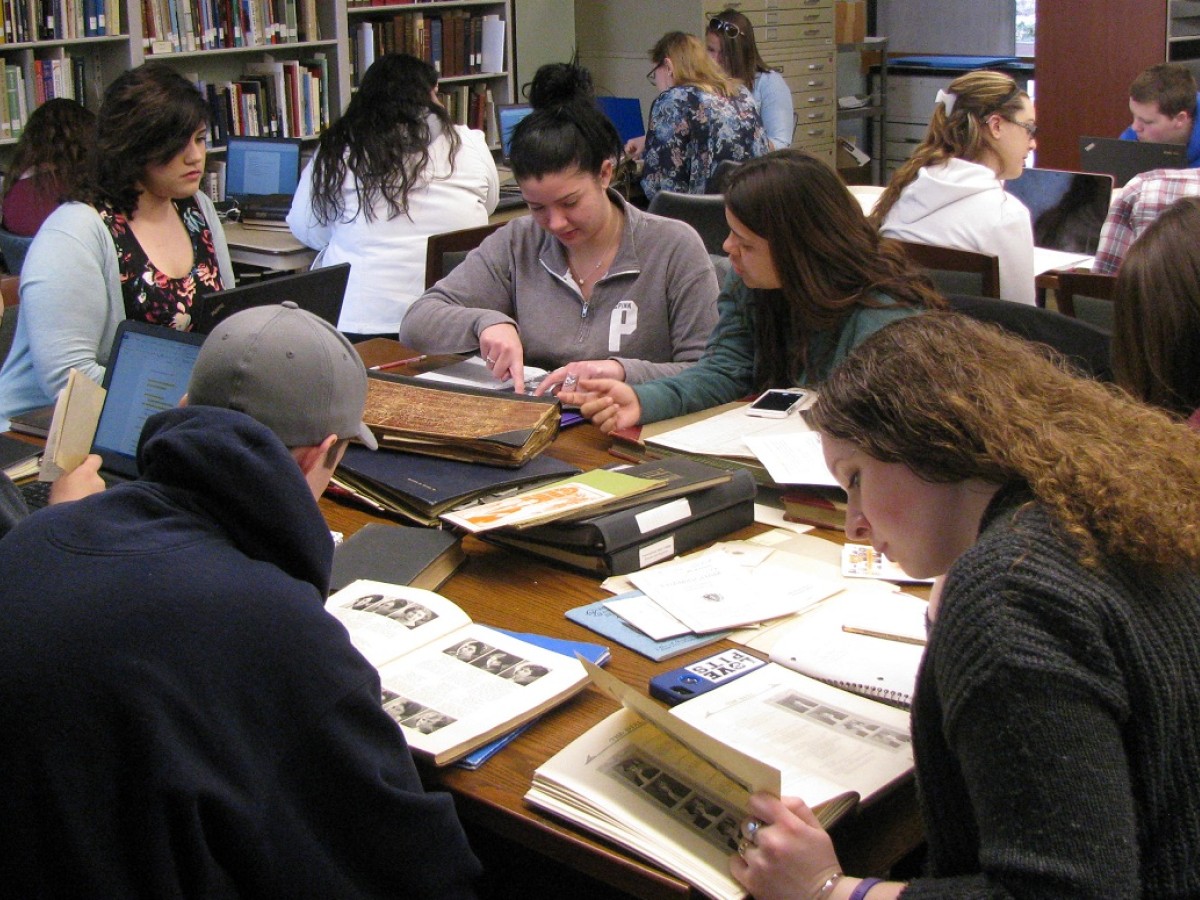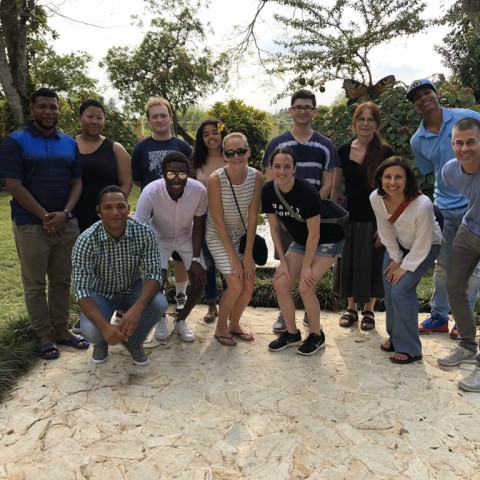
History Learning Outcomes
Click here for the complete set of History Program Learning Objectives.
-
Critically analyze the past and identify how it shapes our present world.
-
Communicate clearly and effectively to an intended audience.
-
Locate and access sources using the latest research tools and technologies.
-
Evaluate and synthesize large volumes of complex information to draw sound conclusions.
-
Develop a clear argument supported by relevant evidence.
-
Design, plan, and manage long-term research projects.
Program Requirements
Studying history helps us understand the complexities of our modern, globalized world.
Career Opportunities
History majors will be prepared to pursue career opportunities across a wide range of exciting fields, including:

Lawyer
Lawyers advise and represent clients in legal matters, ensuring their rights are protected and helping them navigate the complexities of the legal system. They provide legal advice, draft legal documents, negotiate settlements, and represent clients in court. Lawyers who understand the historical context of developments in the legal system have an advantage.
Curator
Curators manage, interpret, and care for collections in museums, libraries, or galleries, ensuring the preservation and accessibility of collections for current and future generations. They acquire, document, research, and exhibit items and develop programs to engage the public.
Teacher
Develop curriculum and engaging activities and assessments to inspire in your students a lifelong appreciation for and love of history.
Journalist
Journalists investigate, research, interview, and write or present news stories, ensuring accuracy and objectivity in their reporting. Working in diverse settings, including newspapers, magazines, television, radio, and online platforms, they keep the public informed about crucial current events. Journalists who understand the historical context that has shaped current events have an advantage.
Archivist
Archivists assess, collect, organize, and make historical records accessible for future use, working in various settings like libraries, museums, and government agencies. Their work ensures the preservation of society's memory and cultural heritage.
Financial Planner
A financial planner helps individuals, families, and organizations achieve their financial goals by creating personalized plans that address budgeting, saving, investing, and retirement planning. They assess a client's current financial situation, develop strategies to reach short-term and long-term objectives, and provide ongoing guidance and support.
Market Research Analyst
Market research analysts gather and analyze data about consumers and competitors to help companies understand what products people want, who will buy them, and at what price. Market research analysts who understand what products and services people have wanted in the past are able to predict what they will want in the future.
Non-profit Manager
A nonprofit manager oversees the daily operations and administration of a nonprofit organization, ensuring it effectively fulfills its mission. This involves a wide range of responsibilities, including fundraising, managing staff and volunteers, financial planning, and building relationships with stakeholders.
Policy Analyst
A policy analyst researches, analyzes, and evaluates existing and proposed public policies to provide recommendations for improvements and solutions to societal problems. They provide data-driven insights and recommendations to decision-makers in government, non-profits, and the private sector. Policy analysts with a strong understanding of history are well-equipped to provide guidance on the potential impacts of future policies.
Bryan Sicard '17: From History to Law
The History major at Framingham State University was the perfect choice for Bryan Sicard's undergraduate studies prior to pursuing his Law Degree.
"FSU's History department taught me not just how to understand the past, but gave me the tools to better understand myself!" Sicard says. "The professors showed me just how many doors a history degree could open and that any dream is achievable. I never could've made it where I am today if they hadn't brought out the best in me."
Sicard is joining Brand & Tapply, LLC this fall as an Associate working on white-collar fraud litigation. He has secured his J.D. from Suffolk University Law School, where he served as Director of Intelligence Division for the Ukraine Accountability Project and Writer for Journal of High-Technology Law. In his writing, he discusses how with Artificial Intelligence becoming an increasingly routine feature of our daily lives, it’s worth looking at what legal protections the people directing the AI have, and don’t have, when trying to copyright or trademark their work.
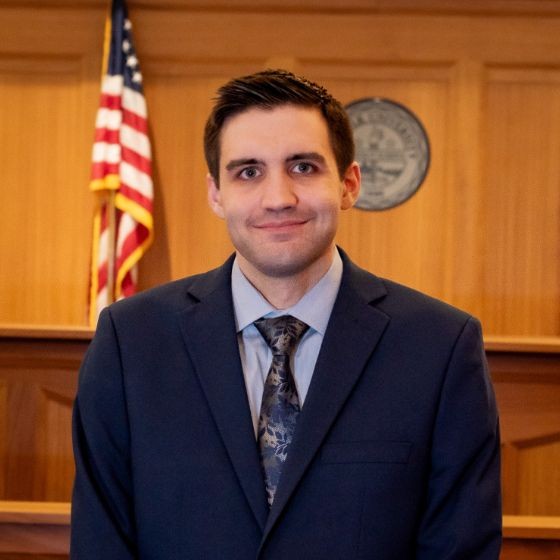
Meet Our Faculty

Kayla Nett, Coordinator of Interns and Fellows, Old Sturbridge Village
“My time as a history major at Framingham State not only prepared me for my current career, but it also shaped me to be a lifelong learner”
Suzanne Wright '19, Assistant Director at Christa McAuliffe Center
“Internship opportunities at the John Fitzgerald Kennedy National Historic Site and Christa McAuliffe Center for Integrated Science Learning solidified my desire to work in informal education.”
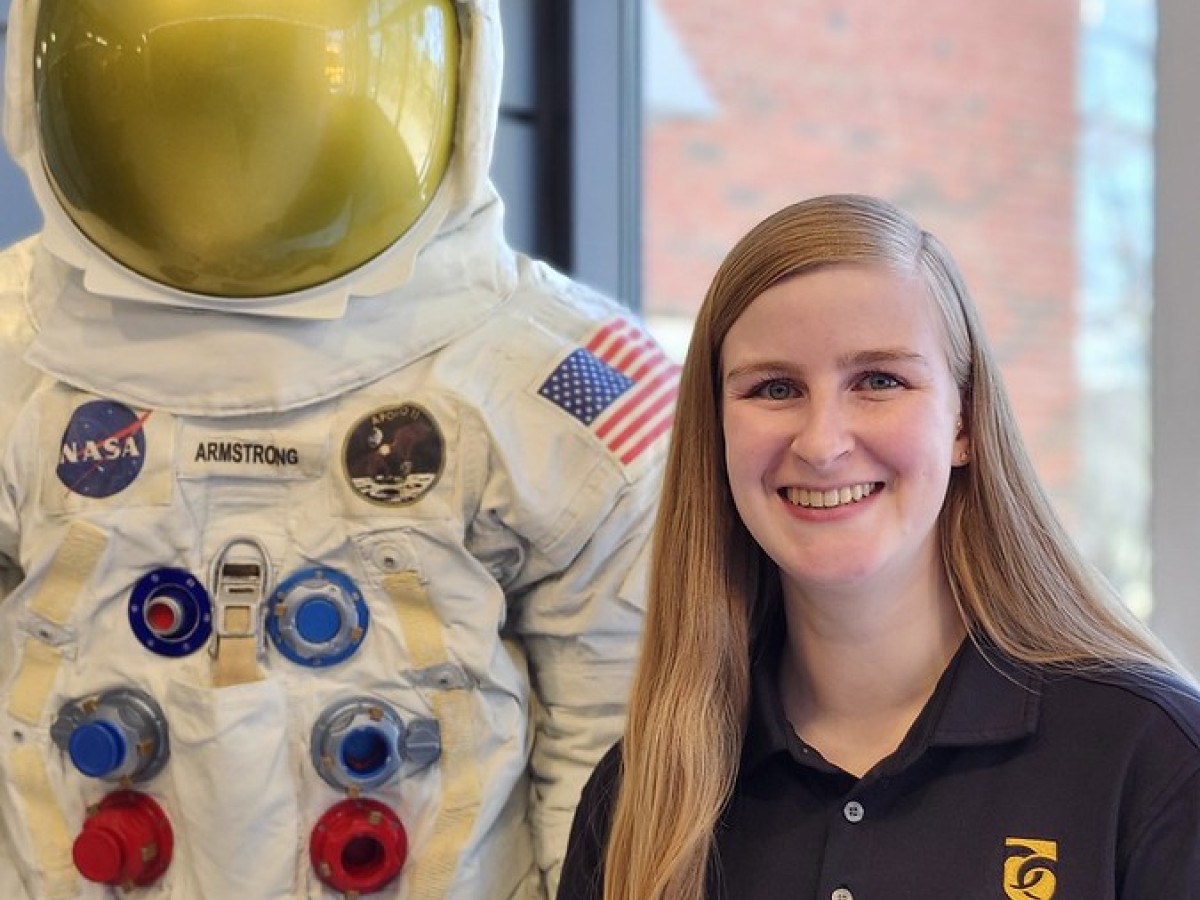
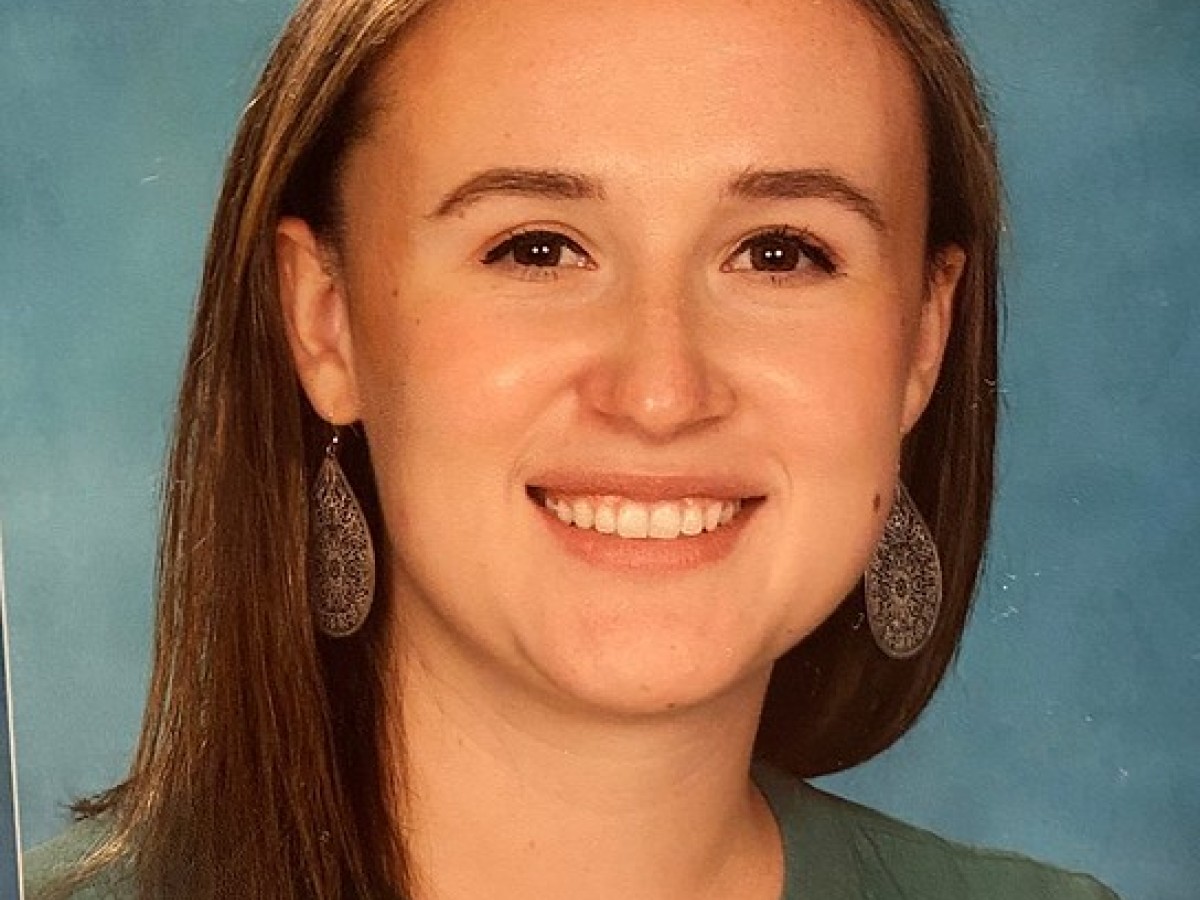
Kellie Guittarr '19, Social Studies Teacher
“The faculty's genuine commitment to student success has been invaluable, and the quality and rigor of the education made me well prepared when entering the workforce as a middle school teacher.”

